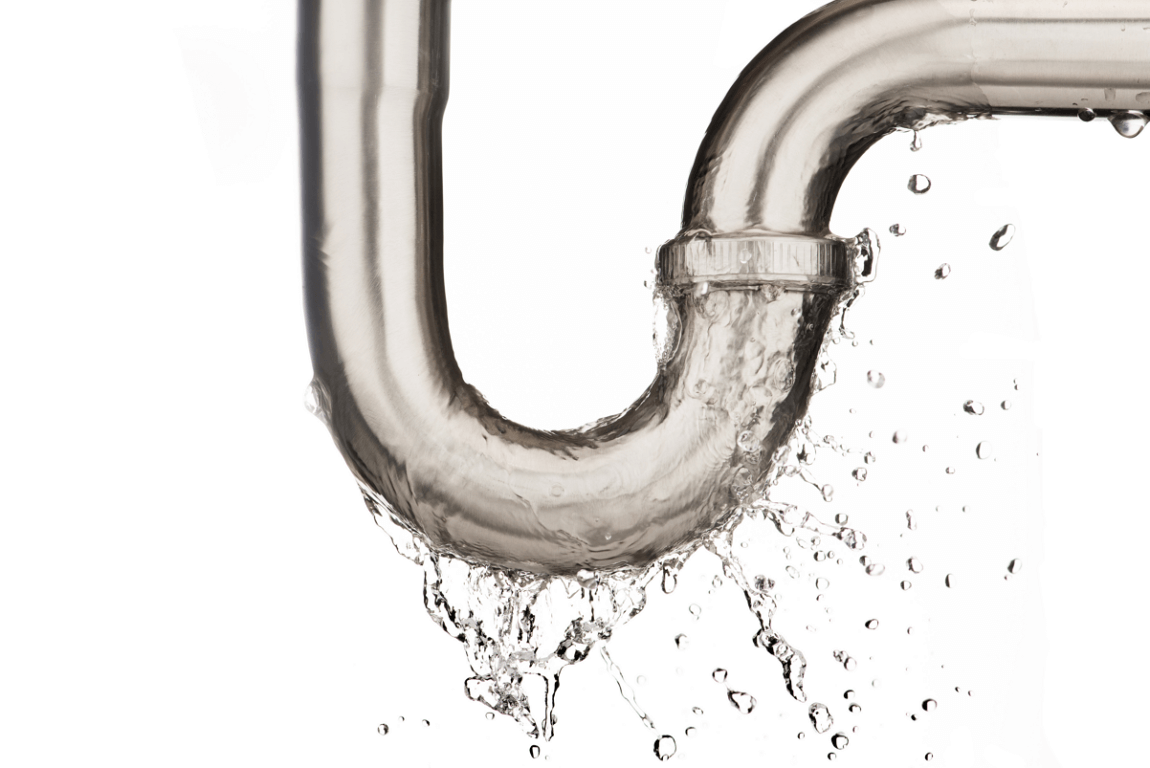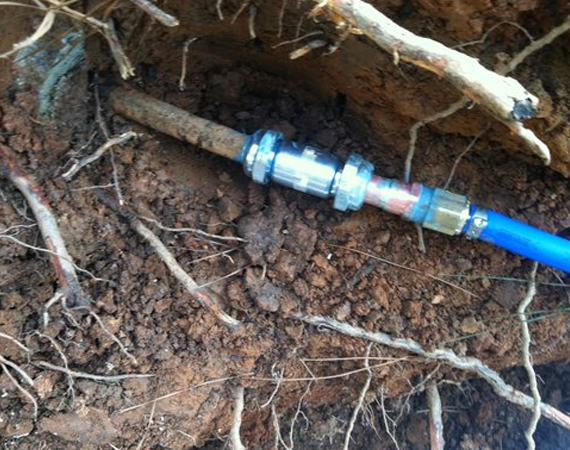5 Persistent Water Leak Factors
5 Persistent Water Leak Factors
Blog Article
Nearly everybody is bound to have their own unique ideas on the subject of Reasons for Water Heater Leaks.

"Be careful of little expenses. A little leak will sink a great ship." - Benjamin Franklin.
He couldn't have actually been more ideal since water leaks in our residences result in a waste of resources, raising our water costs. Although this boost may appear minimal in the beginning, it can result in substantial expenses that can break your bank. In addition to a boost in expenses, water leaks likewise cause undesirable natural growth, structural damages, and also electrical risks.
Determining if you have a water leak isn't constantly very easy because of being unable to see most of the pipework in your house. However, If you have had a rise in your water bills lately, observed water spots on ceilings and wall surfaces, scented lousy odor, etc. You could want to think about requesting plumbing services to get it looked into.
There are numerous reasons for water leaks, and also we have put together the usual reasons below. Inspect to see if you have had relevant concerns in your home recently.
Clogged drains pipes
Food fragments, dust, and grease can trigger blocked drains and obstruct the flow of water in and out of your sink. Enhanced stress within the rain gutters can create an overflow and finish up fracturing or breaking pipes if undealt with. To prevent clogged up drains pipes in your house, we encourage you to prevent pouring bits away and regular cleaning of sinks.
High water stress
You noticed your house water pressure is greater than common yet then, why should you care? It runs out your control.
It would certainly be best if you cared since your average water stress need to be 60 Psi (per square inch) and although your residence's plumbing system is created to endure 80 Psi. An increase in water stress can place a stress on your home pipes and lead to fractures, or even worse, ruptured pipes. If you ever notice that your house water pressure is higher than common, get in touch with a professional about regulating it.
Corrosion
As your pipework ages, it gets weak and extra vulnerable to corrosion after the regular flow of water with them, which can eat away at pipelines as well as create fractures. A noticeable indicator of rust in your house plumbing system is staining and also although this might be difficult to spot because of a lot of pipelines hidden away. We recommend doing a frequent examination every few years and also alter pipelines once they are old to make certain a sound plumbing system
Compromised pipe joints
Pipeline joints are the parts of our plumbing system where the pipes connect. It is crucial to note that even though pipelines are designed to withstand stress and last for a while, they weren't created to last for life; as a result, they would weaken over time. A common indication of harmed pipeline joints is too much sound from faucets.
Broken seals
An additional cause of water leakages in houses is broken seals of home devices that make use of water, e.g., a dishwasher. When such appliances are set up, seals are installed around water adapters for simple flow of water with the device. A damaged seal can trigger leakage of water when in usage.
With little or no expertise of plumbing, recognizing your residence's plumbing system sufficient to repair a few of these concerns (without consequence) can be an inconvenience. Connect with plumbing professionals in Pittsburgh, Divine Superintendence, Rochester, and environ today, and they'll make those concerns disappear.
He couldn't have actually been much more ideal since water leakages in our homes result in a waste of resources, raising our water expenses. If you have had a boost in your water bills lately, noticed water stains on ceilings and walls, smelt lousy smell, and so on. An increase in water stress can place a stress on your home pipes and also lead to cracks, or worse, ruptured pipelines. An additional reason of water leaks in homes is damaged seals of residence devices that make use of water, e.g., a dish washer. When such appliances are mounted, seals are set up around water ports for easy flow of water through the machine.
5 TIPS IN DETECTING A WATER LEAK IN YOUR HOUSE
Water leaks can be hard to find in your home, yet they can be so common. We rely on water every day in our home, which is why a leak can cause big problems. By detecting them early, you can save money and further damage, getting the problem fixed as soon as possible. Here are 5 tips to help you detect a water leak in your home, so you can contact a plumber straight away and get the issue sorted.
Check your water meter
Many people underestimate the value of the water meter in their home. It can be one of the best ways to tell if you have a leak early on, so you can get on top of it before issues start arising. Start by turning off all the water in your home: taps, washing machine, dishwasher, etc. Now take a look at the meter – if it’s still changing with everything turned off, it’s likely you have a fast-flowing leak that you need to get on top of straight away. If nothing changes, then leave your meter for an hour or two and come back to it. Did it change in this time? It’s likely you have a slower leak, which isn’t as urgent but still handy to get fixed so it doesn’t become a bigger problem.
Keep an eye on your bill
Another good way to detect a leak in your home is by keeping an eye on your water bill. It helps if you have a past bill from the same period of time. You can compare like for like and determine whether your water usage has increased significantly. If it has, there may be a leak in your system that you haven’t picked up before. A professional plumber can check through all of your pipes and determine where it is coming from.
Look for damage
If you have a leak inside your home, you will notice damage over time. Take a look at your showers and bathtubs and note whether any of the tiles surrounding the area seem to be discoloured or damaged in any way. There may be water stains, mould or peeling material that has resulted from a build up of moisture over time. Make sure you take a look under sinks at the back of cupboards that don’t get accessed regularly. This is where damage can go unnoticed and build up over periods of time.

Do you appreciate reading up on Where to Find Water Leaks? Create a remark directly below. We will be pleased to know your suggestions about this posting. We are looking forward that you come back again in the near future. Enjoyed reading our piece of writing? Please share it. Help somebody else check it out. Thanks so much for taking the time to read it.
Appointment Report this page